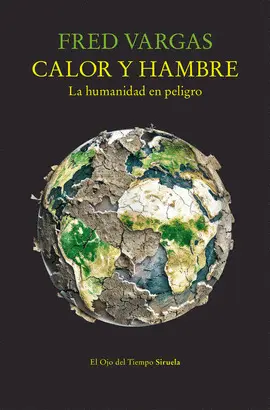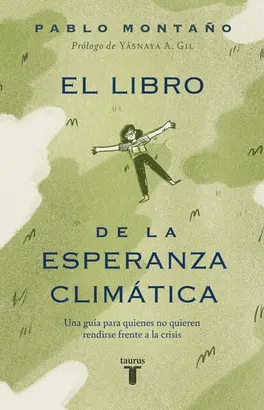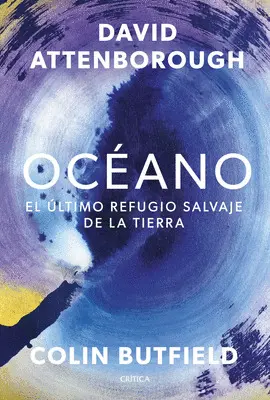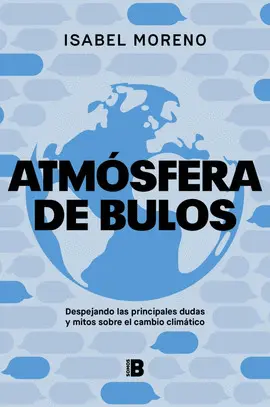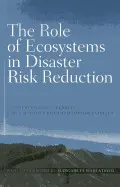The Role Of Ecosystems In Disaster Risk Reduction
Fabrice Renaud / Karen Sudmeier Rieux
Biographical Note:Fabrice G. Renaud is head of section at the United Nations University Institute for Environment and Human Security.Karen Sudmeier-Rieux is a researcher at the Center for Research of the Terrestrial Environment, University of Lausanne.Marisol Estrella is the program coordinator of the Disaster Risk Reduction Unit, Post-Conflict and Disaster Management Branch, U...
Sinopsis
Biographical Note:
Fabrice G. Renaud is head of section at the United Nations University Institute for Environment and Human Security.
Karen Sudmeier-Rieux is a researcher at the Center for Research of the Terrestrial Environment, University of Lausanne.
Marisol Estrella is the program coordinator of the Disaster Risk Reduction Unit, Post-Conflict and Disaster Management Branch, United Nations Environment Programme.
Marc Notes:
Includes bibliographical references and index.
Publisher Marketing:
The increasing worldwide trend in disasters, aggravated by global environmental change, calls for new approaches to hazard mitigation, as well as exposure and vulnerability reduction. We are facing, however, difficult choices about hazard mitigation. For example, should we continue to build dikes and walls to protect ourselves against floods and coastal hazards--with limited success--or should we consider alternative, ecosystem-based solutions?
Ecosystem management is a well-tested solution to sustainable development that is being revisited because of its inherent "win-win" and "no-regrets" appeal to address rising disaster and climate change issues. It is one of the few approaches that can impact all elements of the disaster risk equation--by mitigating hazards, reducing exposure, reducing vulnerabilities, and increasing the resilience of exposed communities.
The uptake of ecosystem-based approaches for disaster risk reduction (DRR) is slow, however, despite some success stories. There are multiple reasons for this reluctance: ecosystem management is rarely considered as part of the portfolio of DRR solutions because the environmental and disaster management communities typically work independently from each other; its contribution to DRR is highly undervalued compared to engineered solutions and therefore not given appropriate budget allocations; and there are poor interactions between policymakers and researchers, leading to unclear and sometimes contradictory scientific information on the role of ecosystems for DRR.
The aim of this book is to provide an overview of knowledge and practice in this multidisciplinary field of ecosystems management and DRR. The contributors, professionals from the science and disaster management communities around the world, represent state-of-the-art knowledge, practices, and perspectives on the topic. The book will serve as a basis to encourage and further develop discussion among scientists, practitioners, policymakers, and development planners.
Contributor Bio: Estrella, Marisol
Marisol Estrella is a Research Associate at the Institute for Popular Democracy in the Philippines.
Comentarios
Sé el primero en comentar este libroArtículos relacionados
